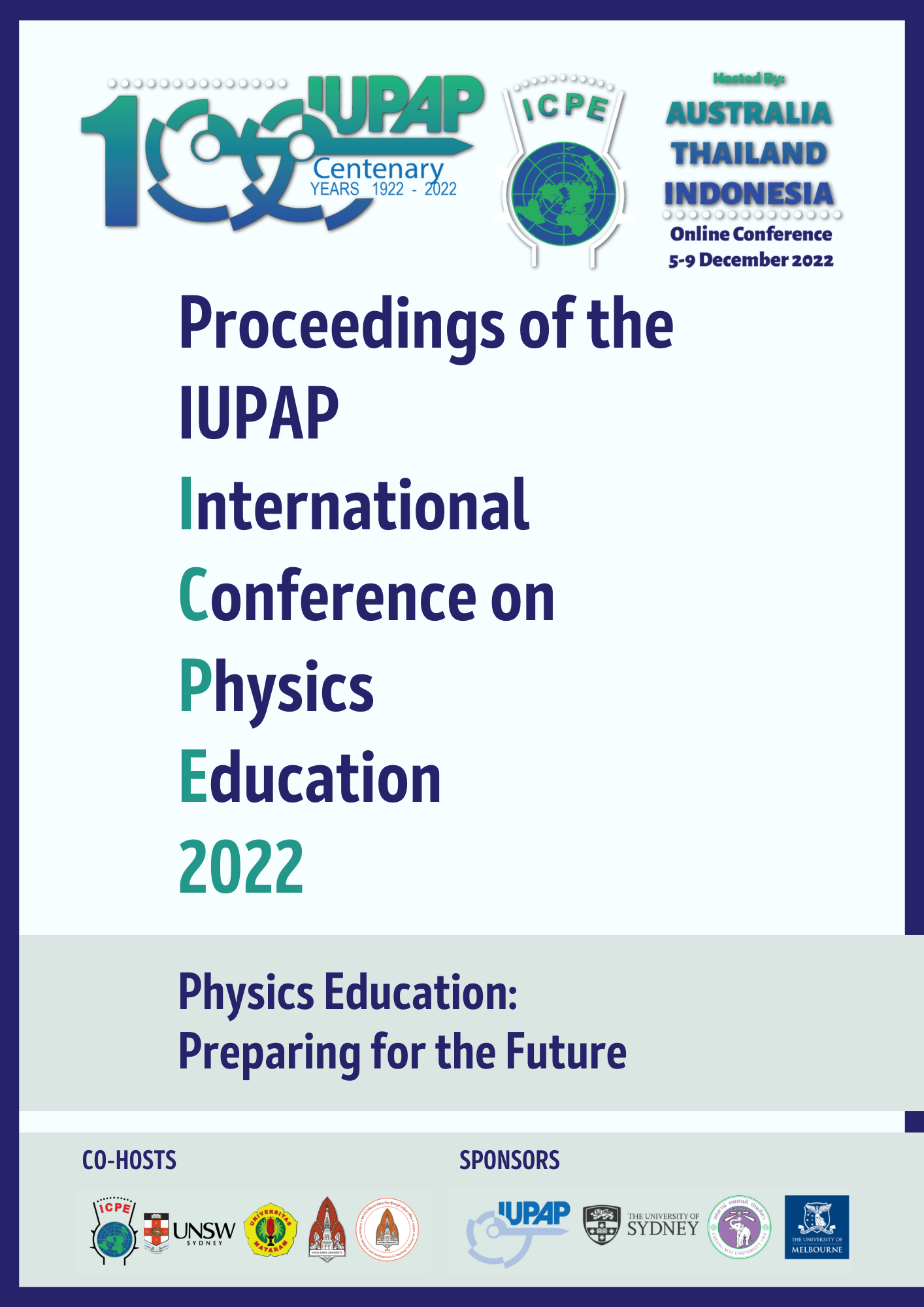Bringing computation into the classroom
Abstract
The use of computation in the physics classroom has the potential to revolutionise the teaching of many topics in the Physics curriculum. By allowing teachers to move beyond problems that can be solved by hand in the limited time available in a lecture, students can be given a much more authentic experience of the topic. With carefully scaffolded tasks, either in a lecture or in a dedicated computational lab, students can explore a much wider range of problems, in a more meaningful way.
We will discuss our experience of using computational physics at Sydney, with emphasis on how to think about introducing it into your own teaching. We will discuss the types of problems that can be tackled, which tools to use, and how to deal with students with different background experience.
Participants are asked to install the Anaconda python distribution before the workshop https://www.anaconda.com/products/distribution and bring along suggestions for parts of the curriculum you would be interested in exploring.
Intended Audience: University physics educators
Downloads
Published
Issue
Section
License
Authors who publish with the Proceedings of the International Conference on Physics Education 2022 agree to the following terms:
a) Authors retain copyright and grant the journal right of first publication with the work simultaneously licensed under a Creative Commons Attribution License (https://creativecommons.org/licenses/by/4.0/) that allows others to share the work with an acknowledgement of the work's authorship and initial publication in this journal.
b) Authors are able to enter into separate, additional contractual arrangements for the non-exclusive distribution of the journal's published version of the work (e.g., post it to an institutional repository or publish it in a book), with an acknowledgement of its initial publication in this journal.
c) Authors are permitted and encouraged to post their work online (e.g., in institutional repositories or on their website) prior to and during the submission process, as it can lead to productive exchanges, as well as earlier and greater citation of published work (See The Effect of Open Access - http://opcit.eprints.org/oacitation-biblio.html).
Privacy Statement The names and email addresses entered in the Proceedings of the International Conference on Physics Education 2022 site will be used exclusively for the stated purposes of this journal and will not be made available for any other purpose or to any other party.
